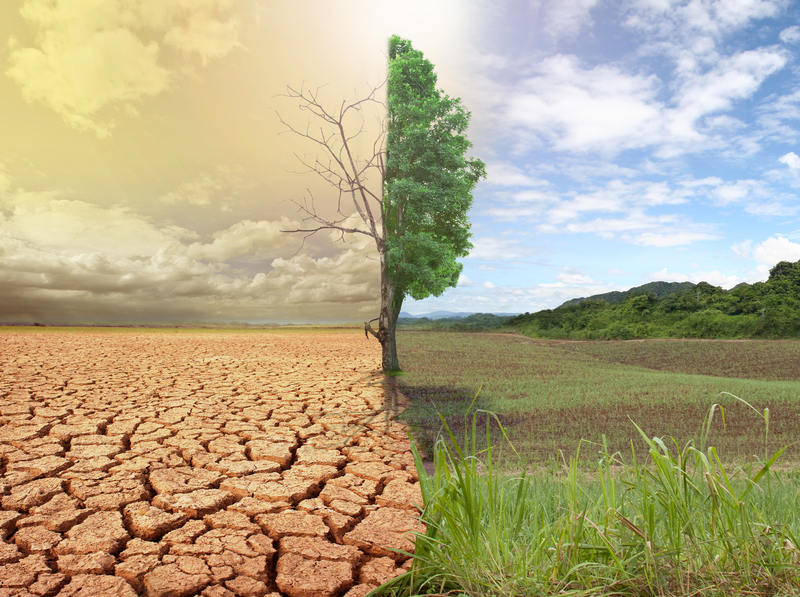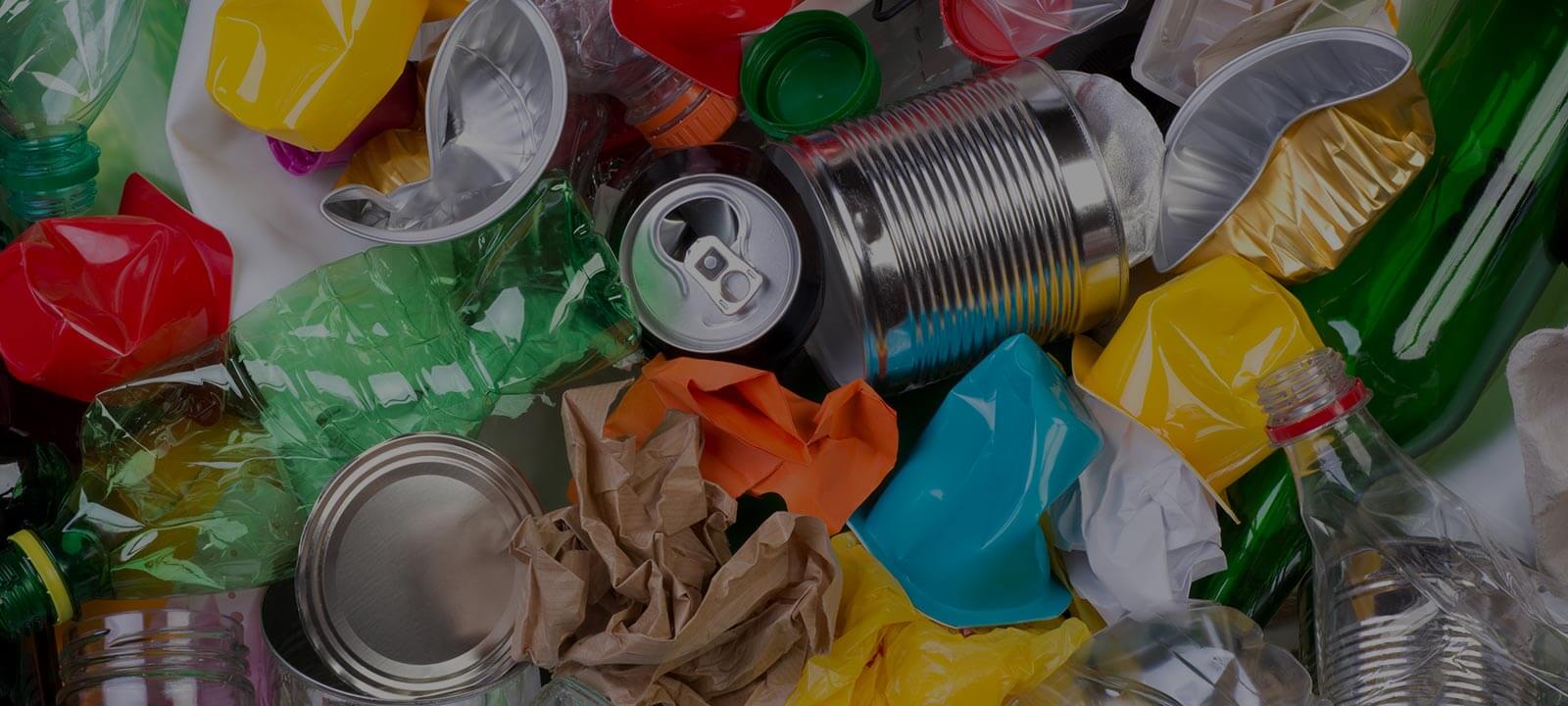Combating Oceanic Plastic Contamination
Posted on 16/11/2024
Plastic pollution has emerged as one of the gravest environmental challenges of our time. Oceans, which cover more than 70% of the Earth's surface and provide critical resources and ecosystem services, are now inundated with plastic waste. This article delves into the causes, impacts, and solutions for combating oceanic plastic contamination.
Understanding Oceanic Plastic Contamination
Millions of tons of plastic make their way into the oceans each year, primarily due to human activities. From tiny microplastics to larger debris, plastic waste accumulates in various parts of the marine environment. The primary sources of plastic pollution include:
- Land-based activities: Mismanaged waste disposal, littering, and industrial activities.
- Marine-based activities: Fishing gear, oil platforms, and maritime shipping.
Once in the ocean, plastic waste poses severe threats to marine life, ecosystems, and human health. Understanding the mechanisms and pathways through which plastics enter and affect marine environments is critical for developing effective intervention strategies.

The Impact of Plastic Contamination on Marine Life
Plastic pollution has catastrophic consequences for marine organisms:
Ingestion and Entanglement
Marine animals, including seabirds, fish, and mammals, often ingest plastic debris, mistaking it for food. Once ingested, plastic can cause internal injuries, blockages, and even death. Additionally, discarded fishing nets and other plastic items can entangle marine creatures, leading to injury, restricted movement, and drowning.
Toxicity and Chemical Transfer
Plastics often absorb harmful pollutants from the environment. When marine organisms ingest plastic, these pollutants can enter their bodies, causing biochemical disruptions and potentially transferring up the food chain to humans.
Disruption of Ecosystems
Plastic waste disrupts the natural balance of marine ecosystems. Coral reefs, seagrass beds, and mangroves, all critical habitats for various marine species, are particularly vulnerable. The incessant influx of plastic can smother these habitats, hindering their growth and survival.
Technological and Policy Approaches to Mitigation
Addressing oceanic plastic contamination necessitates a combination of technological innovations and robust policy frameworks. Here are some promising approaches:
Advanced Waste Management Solutions
Improving waste management infrastructure is fundamental to reducing plastic leakage into the oceans. This includes:
- Enhanced Recycling: Developing more efficient recycling techniques to recover and repurpose plastic waste.
- Waste-to-Energy: Converting non-recyclable plastics into energy through thermal and chemical processes.
Biodegradable and Alternate Materials
Pioneering the development of biodegradable plastics and alternative materials can significantly reduce plastic waste generation. These alternatives include bioplastics derived from agricultural waste, algae-based materials, and innovations in packaging technologies.
International Regulations and Agreements
Global cooperation is crucial to addressing plastic pollution. International agreements, such as the Basel Convention and regional initiatives, aim to control the transboundary movement of plastic waste and promote sustainable waste management practices.
Community and Corporate Engagement
While technological innovations and policy frameworks set the stage for systemic change, grassroots efforts and corporate responsibility play pivotal roles in combating oceanic plastic contamination.
Community-Led Initiatives
Local communities can significantly contribute by organizing beach cleanups, raising awareness of the plastic pollution crisis, and advocating for sustainable alternatives.
Corporate Responsibility
Businesses have a critical role to play in reducing plastic usage and waste. By committing to sustainable packaging, improving product design, and adopting circular economy practices, companies can drastically reduce their plastic footprint.
Personal Actions to Combat Plastic Pollution
Individuals hold tremendous power in the fight against plastic pollution. Here are some actions consumers can take:
Reduce, Reuse, Recycle
Adopting the 3Rs principle is essential. Reducing plastic consumption, reusing items instead of discarding them, and recycling waste materials properly can collectively make a substantial impact.
Support Sustainable Products
Choosing products with minimal plastic packaging, buying from companies committed to sustainability, and supporting local markets that prioritize eco-friendly practices help push the market towards greener solutions.
Advocacy and Education
Spreading awareness about the dangers of plastic pollution and advocating for stronger environmental protections encourages systemic change at local, national, and global levels.

The Role of Research and Innovation
Continued research and innovation are vital for understanding and mitigating the impacts of plastic pollution on marine environments. Scientists are working tirelessly to:
Develop New Materials
Research into new, eco-friendly materials that can replace conventional plastics is ongoing. These materials aim to mimic the properties of plastic without the associated environmental drawbacks.
Monitoring and Data Collection
Accurate data on plastic pollution helps in crafting effective policies and interventions. Technological advancements in data collection, such as satellite imagery and ocean sensors, provide crucial insights into pollution patterns and hotspots.
Restoration Projects
Efforts to restore damaged marine ecosystems are also underway. Initiatives like coral reef restoration, mangrove replanting, and oyster reef construction aim to rehabilitate habitats affected by plastic pollution.
Conclusion: A Collective Responsibility
Combating oceanic plastic contamination is a multifaceted challenge requiring the collaboration of governments, industries, communities, and individuals. By adopting innovative technologies, enacting stringent policies, embracing sustainable practices, and fostering public awareness, society can take significant strides towards cleaner oceans.
Ultimately, the fight against plastic pollution is a fight for the health of our planet. As marine ecosystems thrive, so too do they support the countless species, including humans, that depend on them. Addressing oceanic plastic contamination is not merely an environmental necessity but an ethical imperative that ensures the preservation of our natural heritage for future generations.
Latest Posts
Alternatives to Common Plastic Items
Recycling Strategies for Non-Compostable Garden Materials






